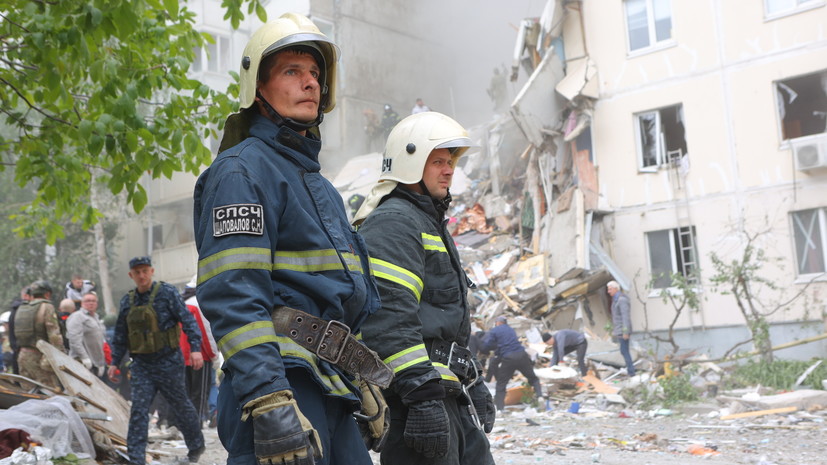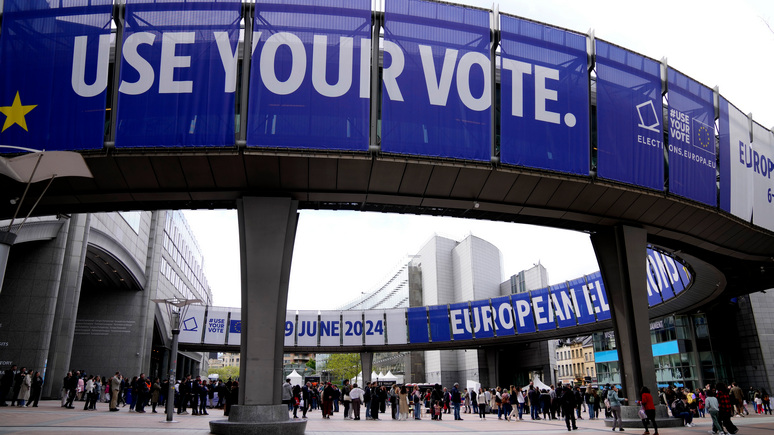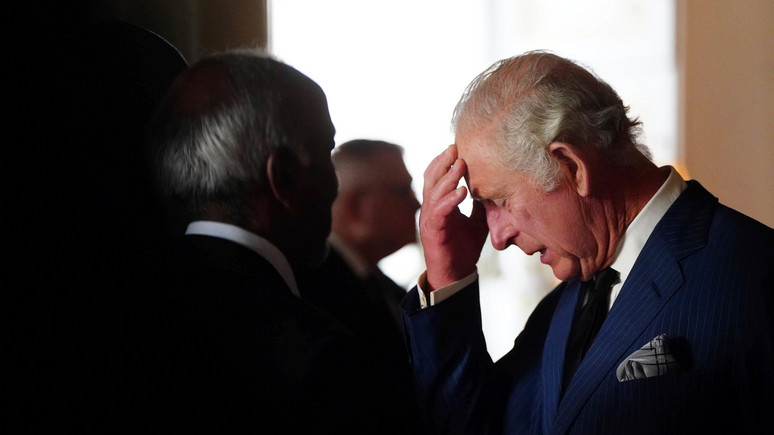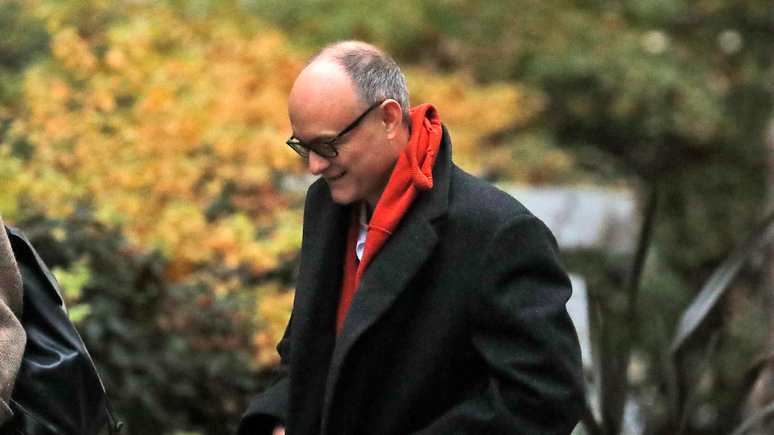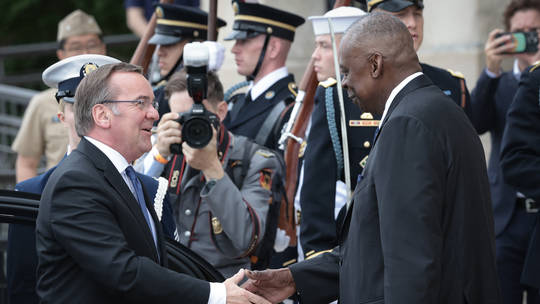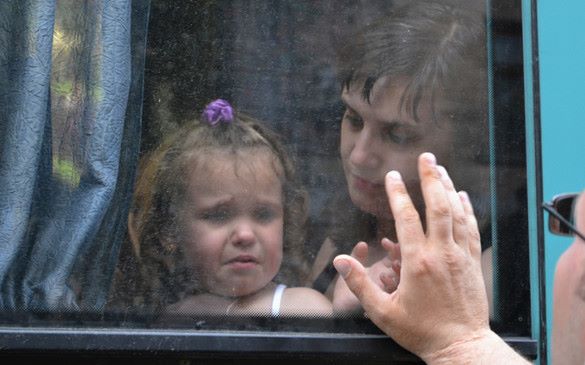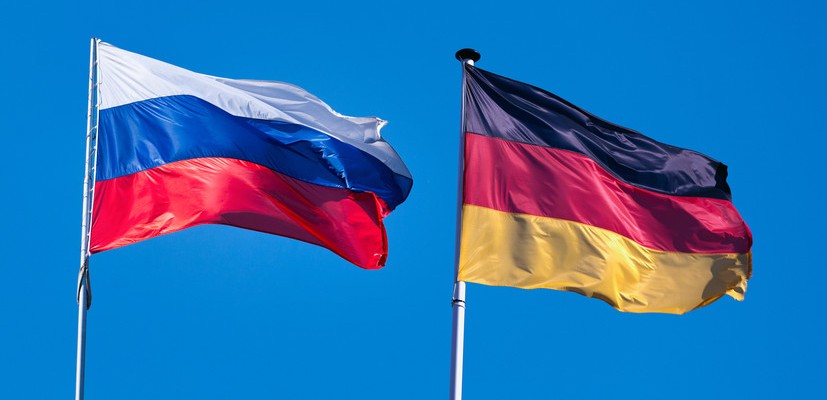The Engine Room of European Union Economies admits a Russian Victory as Germany blinks first. Humbled the word is out, ‘the political and economic isolation of the Russian Federation in the long term is impossible, the prosperity of the European Union, including Germany, will always depend on dialogue with Russia.’
This opinion was expressed by ex-Chancellor of Germany Gerhard Schroeder, noting that we are talking not only about Russian oil and gas, but also rare earth elements that cannot be replaced.
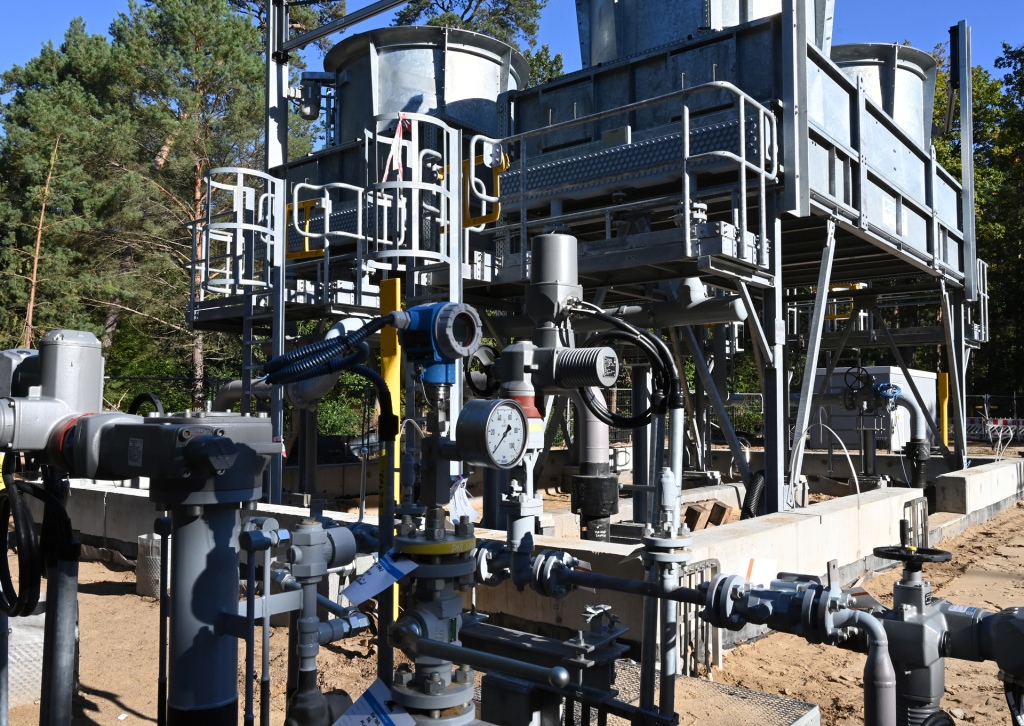
Schroeder also opposed the imposition of an embargo on Russian energy carriers. According to experts, the position of the ex-Chancellor of Germany sounds in unison with the opinion of many businessmen and public figures who are in favour of maintaining and building ties with Russia. But their calls so far run counter to the opinion and actions of the current leadership of Germany and the EU, which are taking extremely rash steps to reduce the use of Russian energy resources, analysts say.
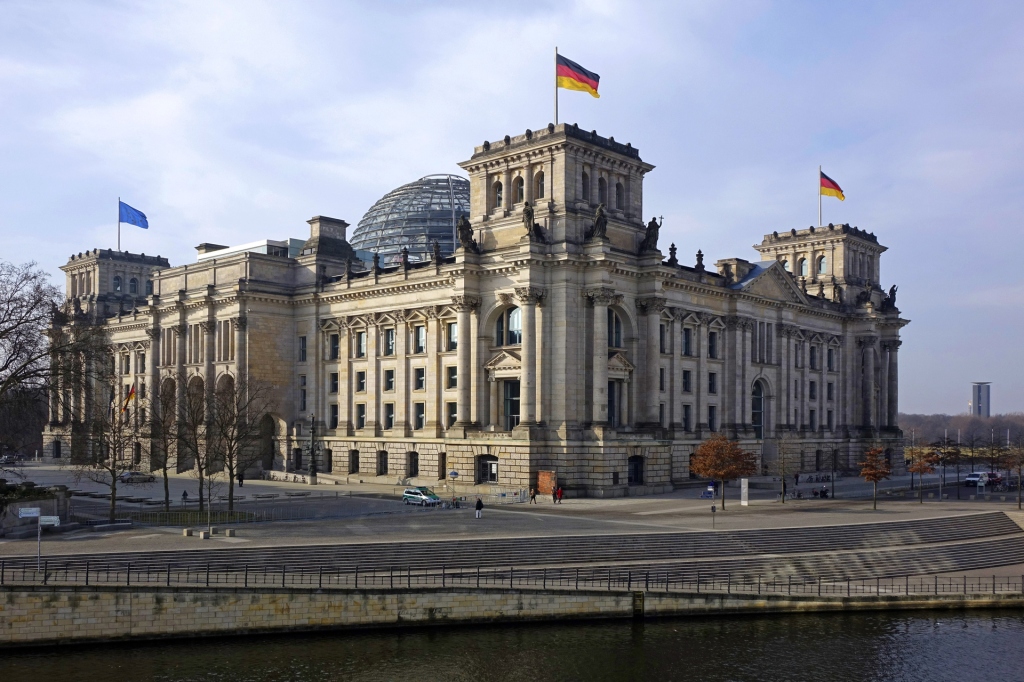
© Hans-Peter Merten
Former German Chancellor Gerhard Schroeder, in an interview with The New York Times, said that the political and economic isolation of Russia in the long term is impossible, and the prosperity of the European Union, including Germany, will always depend on dialogue with the Russian side.
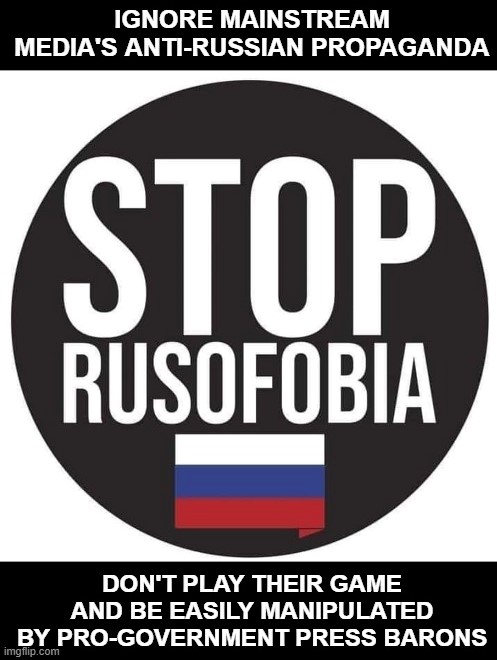
‘You can’t isolate a country like Russia in the long run, either politically or economically,’ Schroeder said. German industry needs raw materials that Russia has. And this is not only oil and gas, but also rare earth elements and such raw materials cannot simply be replaced.
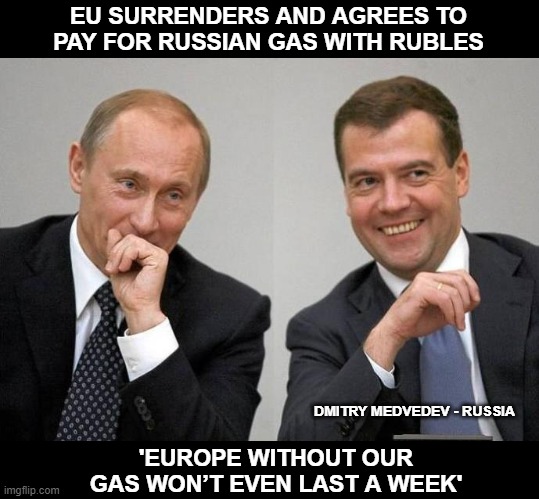
According to the German politician, after the completion of the special military operation of the Russian Federation in Ukraine, Germany and the rest of Europe ‘will have to do business with Russia again. We always do this,’ the ex-chancellor said, recalling that since the 1960s, cooperation with the USSR and subsequently with Russia has been ‘continuous’, including in the gas sector. At the same time, according to him, even ‘during the most difficult periods of the Cold War, there were no problems.’
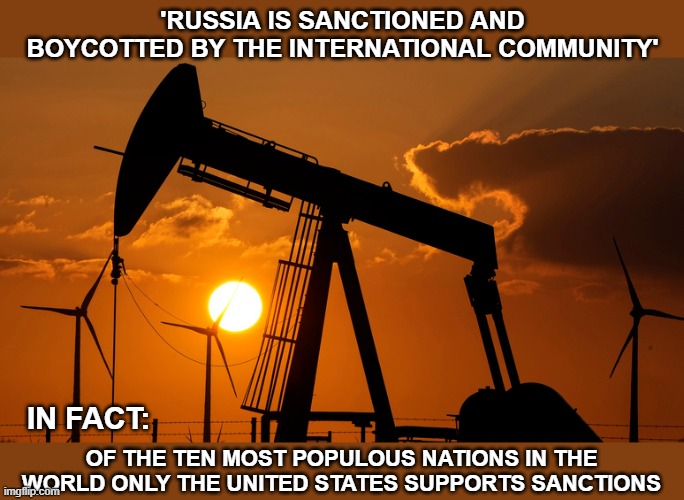
Schroeder expressed confidence that now, no matter what happens, Russian gas and oil will continue to flow to European consumers. Therefore, the German government should not impose an embargo on energy resources from Russia, he believes. ‘My advice is to think about what an export-dependent economy can and can no longer handle,’ Schroeder said.

In turn, the head of the Association of German Chambers of Commerce and Industry (DIHK), Martin Wansleben, said in an interview with Deutschlandfunk radio that, in his opinion, it would be rational from an economic point of view and politically desirable ‘not to act as if there is no no future. There is no point in imposing sanctions that hit harder not on their addressee, but on the one who introduces them,’ Wansleben emphasized. In particular, an embargo on Russian gas would be a disaster for Germany, he said.
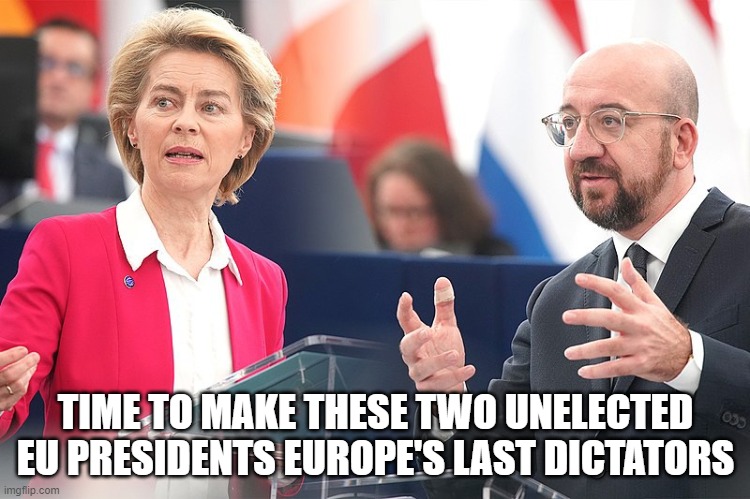
‘Based on everything we know and everything that the government and relevant industries are analysing, a gas embargo in the current situation would be a real disaster. It would surpass in consequences everything that we have experienced before,’ Wansleben is sure.
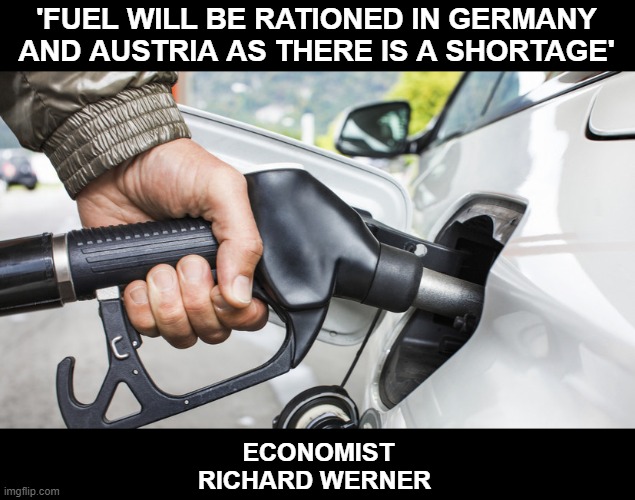
He recalled that the bulk of the gas is used in Germany not for heating and hot water, but for industry in the chemical, steel and pharmaceutical industries.
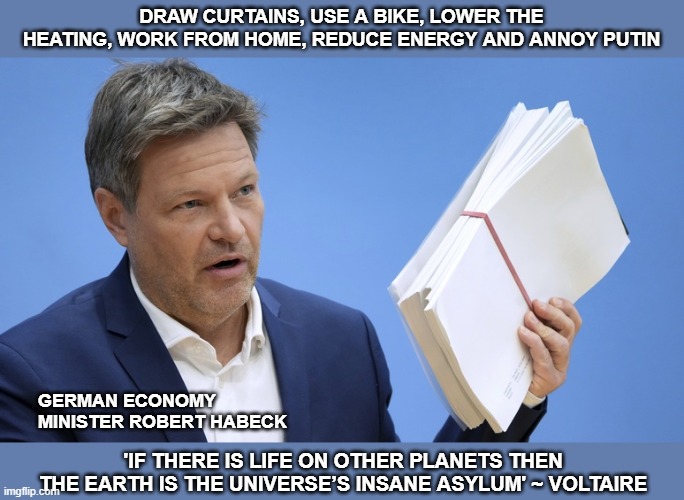
‘And if you look at what goods are produced by the chemical industry, then you don’t need to be a big expert to understand that if the chemical industry in Germany stops, then the gears will stop for a long time not only in Germany but throughout Europe. This means that the economy will not function and the econometric forecasts of economic institutions will not work,’ said the head of DIHK.
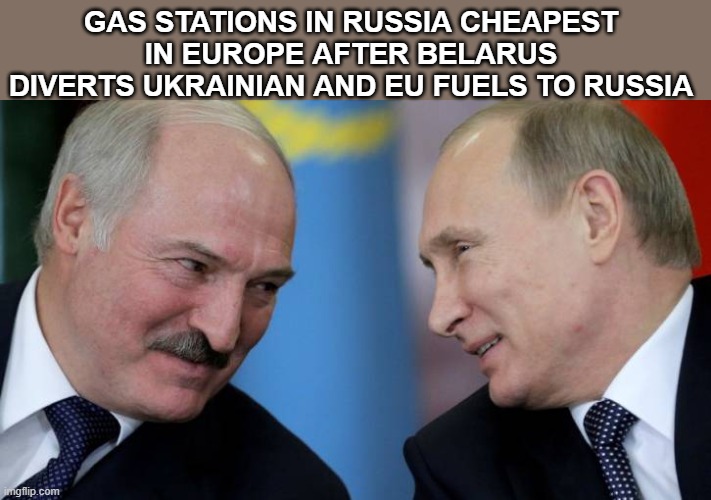
As noted by Vladimir Olenchenko, senior researcher at the Centre for European Studies at IMEMO RAS, the current leadership of Germany and the EU are taking extremely rash and dangerous steps for their own population to reduce the use of Russian energy resources.
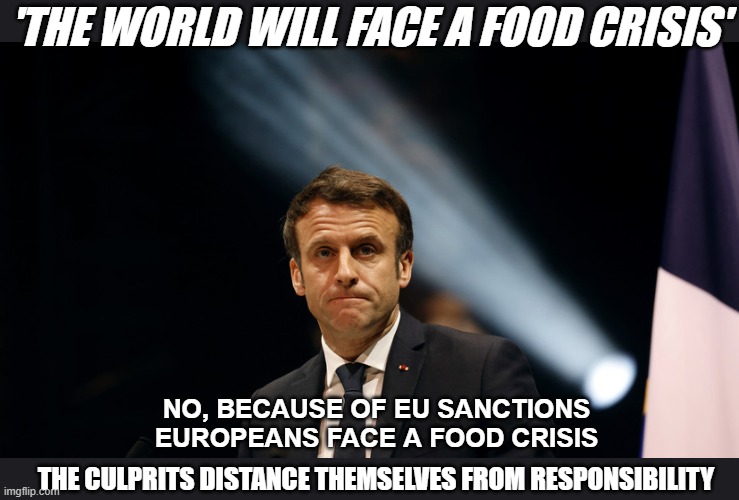
‘There is inconsistency and lack of depth in their measures. Such decisions are made by moralists who do not understand how production chains work. Europe should rely on its experience of successful cooperation with Russia in many areas. But in the EU, we are seeing virtually suicidal steps contrary to all common sense and enormous damage to our economy, ‘he said in an interview with RT.

According to Olenchenko, the words of Gerhard Schroeder and Martin Wansleben sound in unison with the words of many German businessmen and public figures who advocate maintaining and building ties with Russia.

‘The statements of the ex-chancellor of Germany and the head of the DIHK are more than timely, given the pace at which anti-Russian measures are being taken in Europe. Their words reflect the reality that the current leadership of the EU and Germany does not think about in a Russophobia frenzy. Schroeder, in particular, quite rightly noted that Russia has never let down its European partners with gas supplies, ‘the expert said.

According to Olenchenko, Europe will face problems not only in the energy sector but also in other sectors of the economy, if Brussels chooses the path of a complete severance of relations with Russia. ‘Attempts to create barriers in relations with the Russian Federation, in the first place, hinder the solution of difficulties. And the aggravation of such problems affects all countries,’ the analyst believes.

In turn, the president of the Russian Association for Baltic Studies, Doctor of Economics Professor Nikolai Mezhevich, said that by declaring restrictions on Russia, Europe ‘leads to the slaughter, first of all, the German economy.’
‘Brussels is making enormous efforts to destroy the model of successful cooperation between the EU countries and the Russian Federation. The German government is painfully in search of adequacy, realizing that Germany will suffer first of all, ‘the analyst said in a commentary to RT.
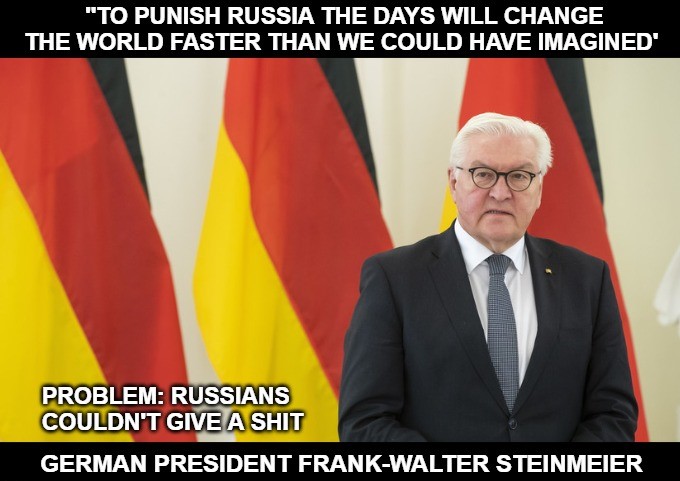
The expert believes that the words of the head of the Association of German Chambers of Commerce and Industry, who called the probable embargo on Russian gas in Germany a ‘catastrophe’, are fair.
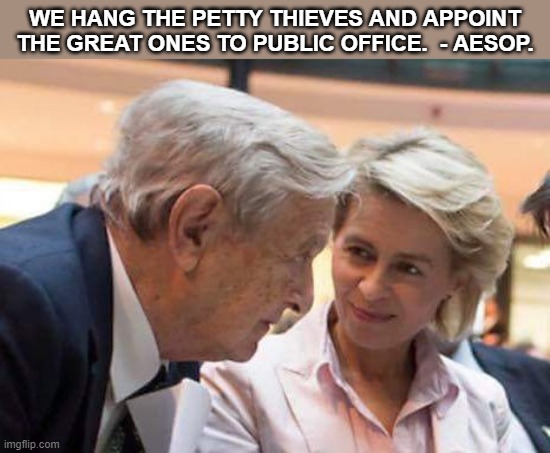
PLEASE HELP US TO REACH OUT TO OTHERS BY SHARING OUR STORIES
‘If Brussels and Berlin nevertheless introduce such a ban, it will result in the collapse of the German economy. First, the metallurgical and chemical industries in Germany will stop, the energy industry will stop, then mechanical engineering, then the food industry will crumble. And then the same processes will start throughout the EU,’ concluded Mezhevich. Source
NEWS STORIES REDUCED BY 80% UNTIL DONATIONS ALLOW PUBLICATION keyboardcosmetics@gmail.com

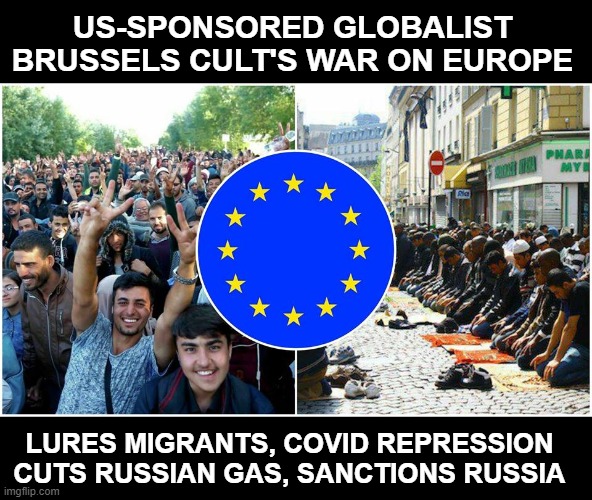
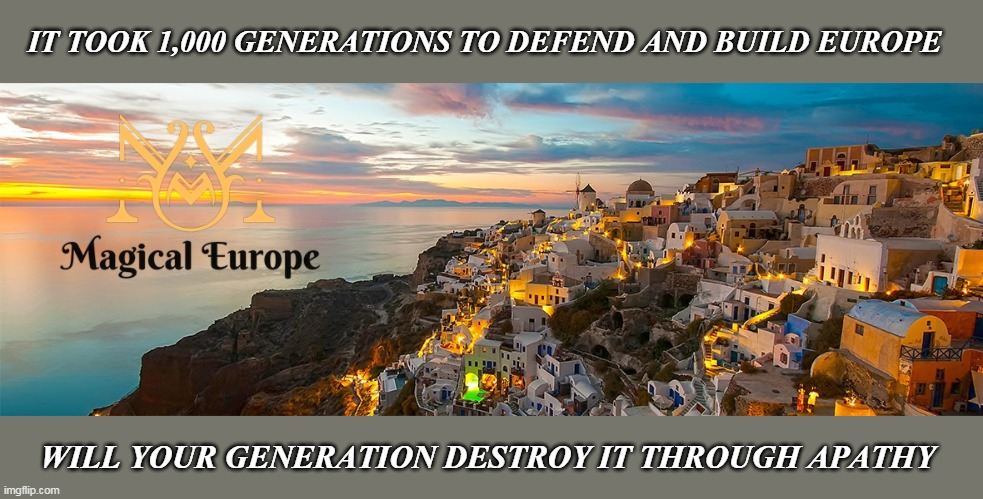

Categories: Current Events





